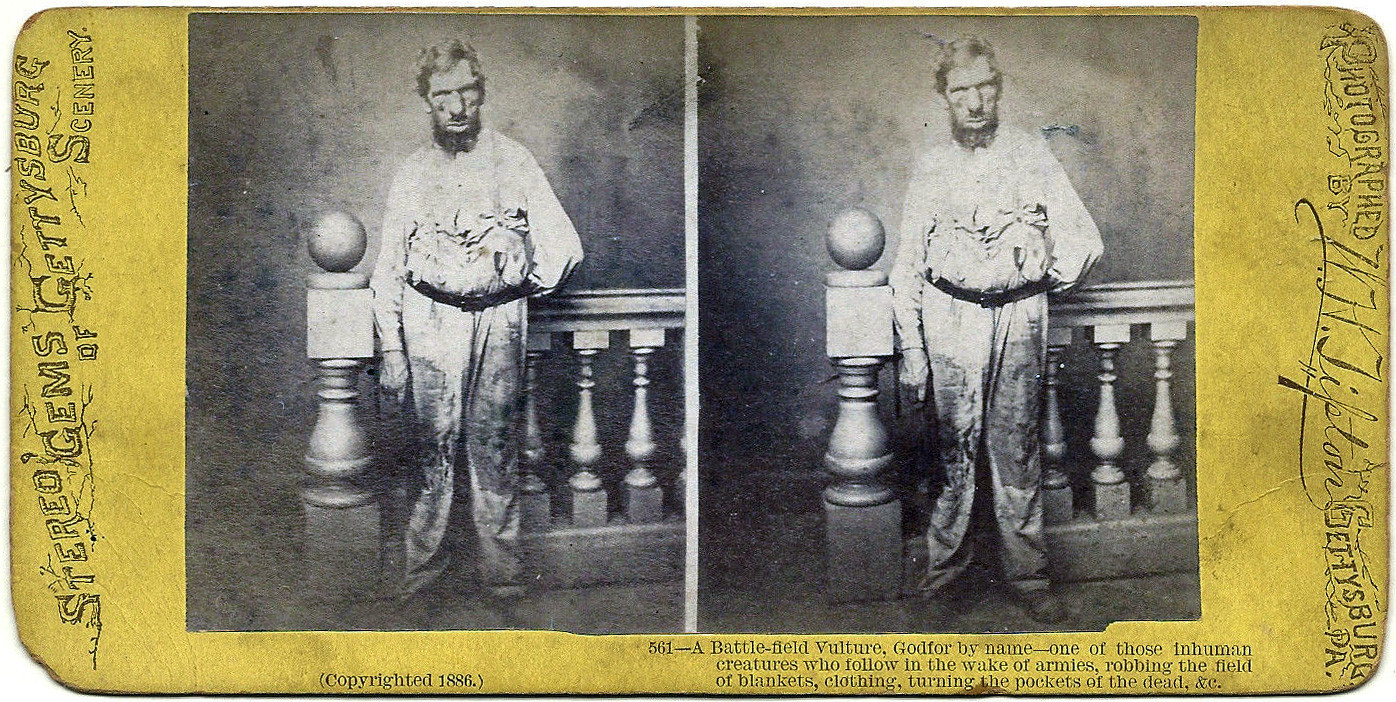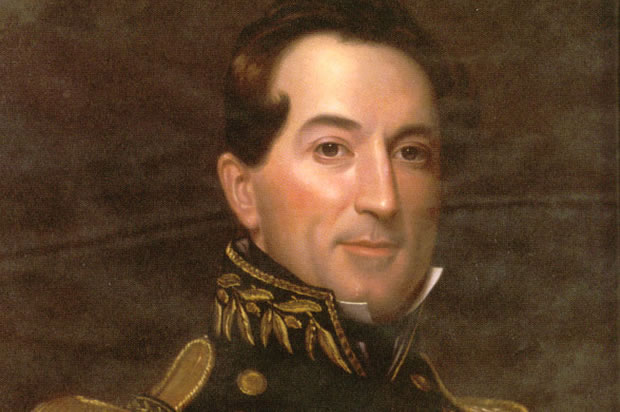I’ve always been fascinated by the westward expansion after the war, though my focus was always on the Missouri guerrillas and how they laid the shaky foundations of the Wild West. The more sedate yet lasting effects regular immigrants caused hadn’t much occurred to me.
Among those profiled were James, William and Charles Conrad from the Shenandoah Valley in Virginia. James and wife, Maria, raised 13 children on Wapping Plantation, home to 11 slaves. James Conrad and sons William, 16, and Charles, 14, served the militia, in the boys’ case, with guerrillas.
They returned from the war to find their slaves freed and their plantation in ruins, unable to support the large family. William and Charles eventually moved to Fort Benton with a single silver dollar, according to family lore. They built a business empire on the frontier.
“Confederate veterans were in on discovery of most of the largest strikes,” Robison wrote. “Songs ‘Dixie’ and ‘Bonnie Blue Flag’ were on the ‘hit parade’ in the hurdy-gurdy dance halls of Virginia City, and the assassination of President Abraham Lincoln was cheered and celebrated on the streets. When ex-Confederate soldiers formed Gallatin Masonic Lodge No. 6 in October 1866, they refused admission to African-Americans, which was not surprising, but they also refused to admit whites who had fought for or supported the Union.”


